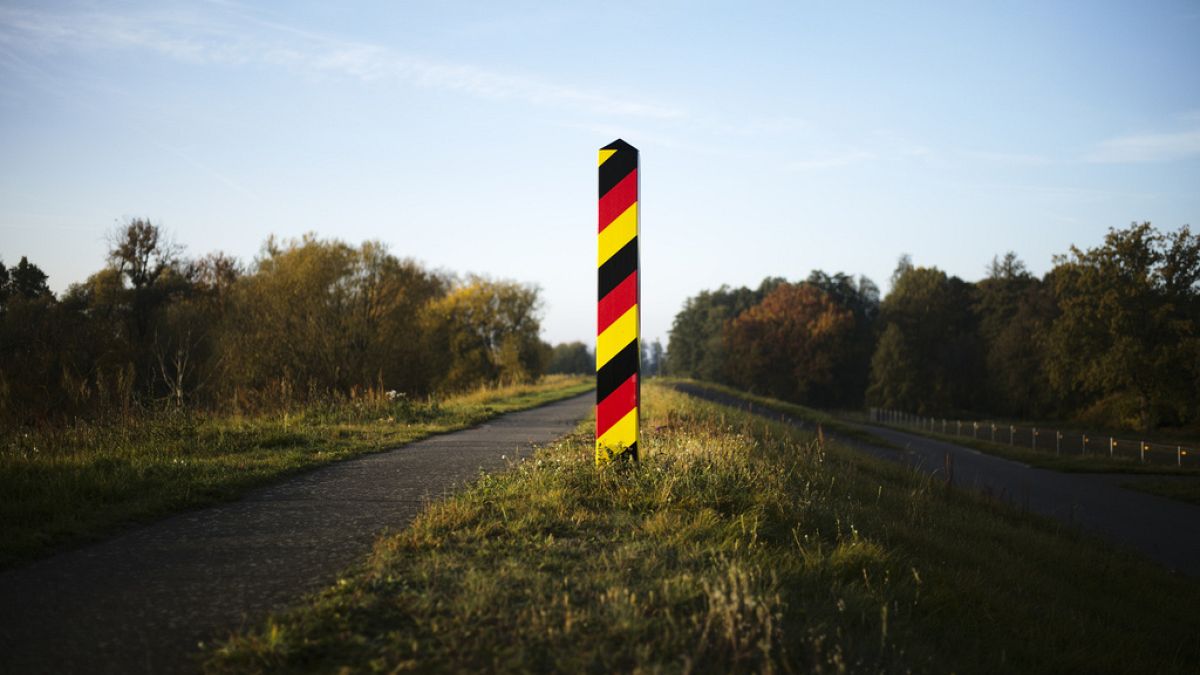European countries, particularly Poland and Austria, have expressed their disapproval of Germany’s decision to implement border controls in an effort to manage irregular migration. The move has sparked a debate about the suspension of the Schengen zone and the legality of rejecting migrants. Polish Prime Minister Donald Tusk described the decision as unacceptable and called for urgent consultations within the European Union to address the issue. Austria’s Interior Minister Gernard Karner also criticized the decision, calling it illegal, but acknowledged the importance of addressing illegal migration.
Germany’s decision to set up temporary controls at all of its land borders has raised concerns about the treatment of refugees and the potential impact on European unity. Despite the need to combat irregular immigration, the border closures have been met with backlash from neighboring countries who are part of the EU. German Interior Minister Nancy Faeser defended the decision by highlighting the measures already taken to control migration and the number of deportations that have been carried out. The six-month duration of the border controls is expected to test the unity of the EU, which is founded on the principles of free trade and travel.
The recent deadly attacks in Germany by asylum-seekers have further heightened concerns about security and the influx of migrants. A knife attack by a Syrian asylum-seeker in Soligen resulted in three deaths, while another attack by an Afghan immigrant left a police officer dead and four others injured. These incidents have fueled the debate on immigration policies and the need for stricter border controls to ensure the safety of the population. Despite the challenges posed by irregular migration, there is a consensus among EU member states on the importance of upholding constitutional and legal standards in addressing this issue.
The criticism from Poland and Austria towards Germany’s border controls underscores the complexity of managing migration flows within the EU. The suspension of the Schengen zone and the rejection of migrants have raised questions about the compatibility of national policies with EU regulations. While countries like Austria have voiced their opposition to Germany’s decision, they also recognize the need to address the root causes of illegal migration and improve border security. The growing concerns about security threats and the rise in radicalized individuals highlight the urgency of finding effective solutions to the migration crisis in Europe.
As Germany takes steps to control irregular migration, it is essential for EU member states to cooperate and coordinate their efforts to address the challenges posed by the influx of refugees and asylum-seekers. The temporary border controls put in place by Germany are a response to the recent security incidents and the need to strengthen border security. However, the decision has also raised concerns about the impact on cross-border trade and travel within the EU. It will be crucial for European leaders to engage in dialogue and find common ground to ensure a balanced approach to managing migration flows while upholding the values of the EU.
In conclusion, the criticism from Poland and Austria towards Germany’s border controls reflects the divergent perspectives within the EU on managing migration and border security. The need to balance national interests with EU regulations and principles poses a challenge for European leaders in finding common ground on immigration policies. The recent security incidents in Germany have underscored the urgency of addressing the root causes of irregular migration and enhancing border security. By engaging in constructive dialogue and cooperation, EU member states can work towards a unified approach to managing migration flows and upholding the values of the EU.











